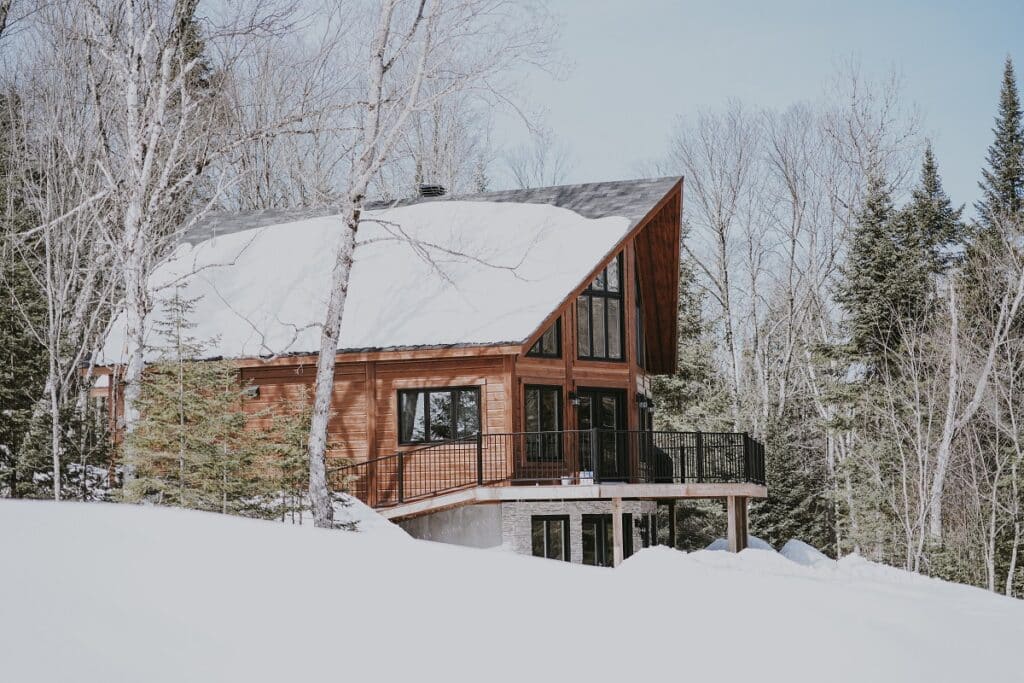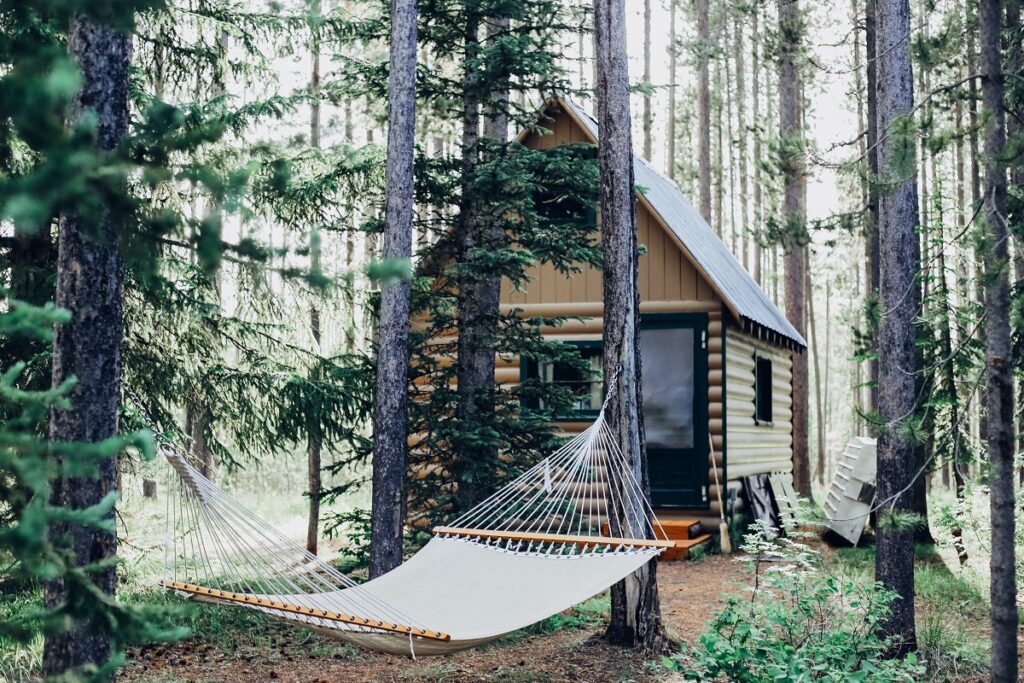
Many Colorado Towns Consider Banning/Regulating Short-Term Rentals
When short-term rental websites like Airbnb and VRBO launched, many started off small with individuals renting out rooms or portions of their homes. Now, the short-term rental craze has reached new levels and many entrepreneurs are getting into the industry across the country offering entire homes to be rented to travelers.
In fact, short-term rentals (STRs) as a business have grown with a larger-than-ever demand and an influx of investors wanting to find properties to turn into vacation rentals. The industry has grown so much in popular tourist towns (like many in Colorado) to the point where local governments have chosen to step in.
Many Colorado municipalities have decided to implement regulations – or in some cases ban certain types of STRs. In mountain towns in the Pikes Peak region, the issue has ignited a debate on whether STRs should be allowed in towns where there is high tourist activity.
On one side, proponents of STR regulations say that they don’t belong in residential neighborhoods and that STR properties take away from the community feel of a town. Those against regulations say that property owners have the right to join in on the ever-growing, demand-driven industry and that the government should stay out of it. People against STR regulations also claim that vacation rental properties add value to neighborhoods and increase property values because they get well maintained in order to attract guests.
The Rules on Short-Term Rentals in Colorado Springs
Many counties and cities across the state have chosen to basically ban or make regulations to limit STRs within their jurisdictions. The Colorado Lawyer website describes ways municipalities have chosen to regulate STR properties including putting limits on how many there can be or banning them in certain residential zones.
In December 2019, the Colorado Springs City Council amended its short-term rental ordinance to define two types of STR properties. Under the ordinance, “owner-occupied” STRs are allowed in residentially zoned neighborhoods as long as the dwelling is livable and the owner lives at the residence for at least 185 days out of the year. But “non-owner-occupied” STRs are not permitted in single-family zoning districts and they must be more than 500 feet away from any other STR property.
In Manitou Springs, STRs are limited to 2 percent of the available residential structures, which according to the city’s website is around 58 potential permits. However, in 2021 the council enacted a moratorium on issuing new STR licenses that will extend until the end of February. According to the city’s website, there have been 49 minor conditional-use permits issued in the city leaving nine more available.
In unincorporated El Paso County, the commissioners discussed the STR issue at meetings in 2019, but they did not end up adopting any type of permitting or licensing system countywide.

The STR Issue Ignites Debates in the High Country
Over the last year, the topic of STRs has been a major topic of debate in most of the municipalities in the Ute Pass Region. The issue has come up in Green Mountain Falls at the town’s Board of Trustees meeting and the city councils in Cripple Creek and Woodland Park have recently imposed moratoriums on issuing STR licenses.
In Woodland Park, the subject was discussed at several meetings last year with conversations getting heated at times. During one meeting in late 2022, two city council members even walked out in the middle of the meeting.
But last November, the battle appeared to end when the majority of the council voted to create a new STR permit and to allow STRs in mostly all residential districts for the next 12 to 18 months so that the city can conduct an economic impact study. But before the ordinance could go into effect, a group of nine citizens filed a referendum petition to suspend the ordinance and attempt to repeal it.
The petitioners were given 30 days to collect 714 signatures (10 percent of the number of registered voters in Woodland Park) and in the end, they got just over 900 signatures. The city clerk then had 30 days to verify the signatures. If enough got verified, the issue would go back to the city council where they could vote to repeal the ordinance or send the issue to the voters.
“Who would have thought in these times when everyone characterizes as so divisive, there would be an issue that could draw so many diverse people together?” Woodland Park resident Jerry Penland, one of the leaders of the referendum initiative asked. “Almost every resident in our community agrees the ’Wild West’ STR Ordinance is bad for their neighborhood. The biggest challenge we needed to overcome was letting people know where they could sign the petition, not having to convince them of the why. This overwhelming response is a clear message to our city leadership that Woodland Park residents do not think commercial lodging businesses belong in residential neighborhoods.”
STRs Remain a Major Issue in Other Parts of the State
One recent issue resort towns across the country have seen is a shortage of workers as the prices of homes rise and much of a city’s housing inventory gets bought up by investors to turn into STRs. An article published by the Colorado Sun reported that the employee shortage in Colorado resort towns has led to the majority of municipalities in the high country considering adjustments to their regulations regarding STRs.
Many in Crested Butte urged the town council to pass a moratorium on allowing STRs due to the strain the employee shortage has put on the municipality. Martha Keene, a longtime service worker in Crested Butte told her town council, “We are beaten down. Everybody is overworked. We have way too many people here and it’s not sustainable and it’s not productive. I’ve never seen this town like this. I’m not here to live next to businesses. I want a neighbor. We need a moratorium to catch our breath and formulate a real plan to save our community,” reported the Colorado Sun.
Other cities that have imposed STR limits or regulations include Frisco, Telluride, Steamboat Springs, Breckenridge, Buena Vista and Vail. In Steamboat Springs last June, the council passed a ban on new STRs in most of the town and imposed a 9 percent tax on existing STRs to help fund affordable housing.









